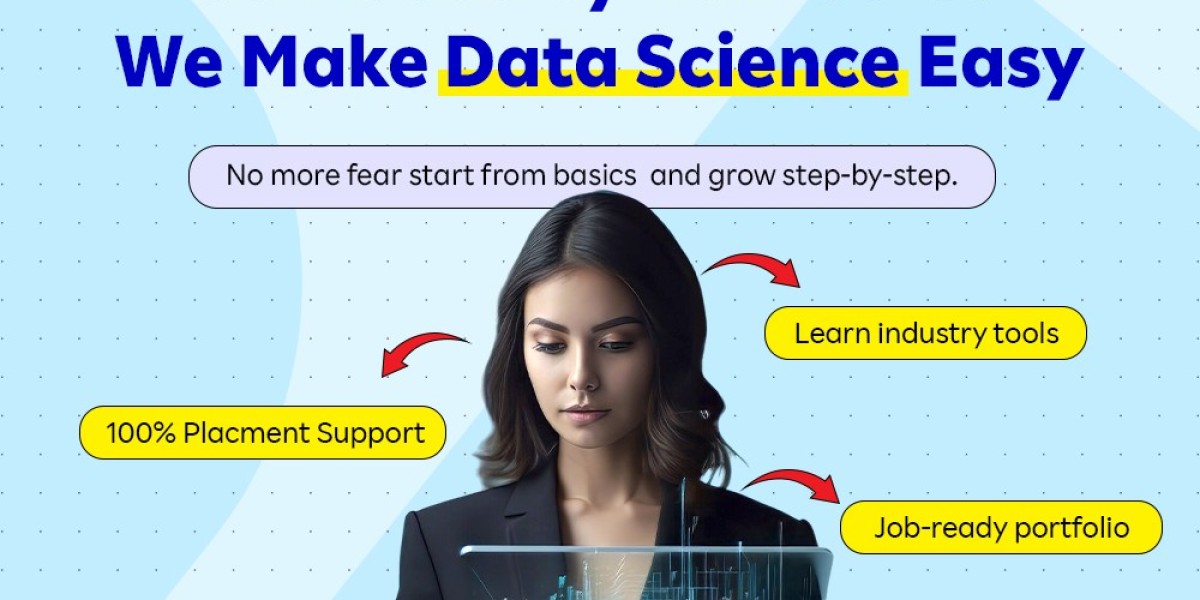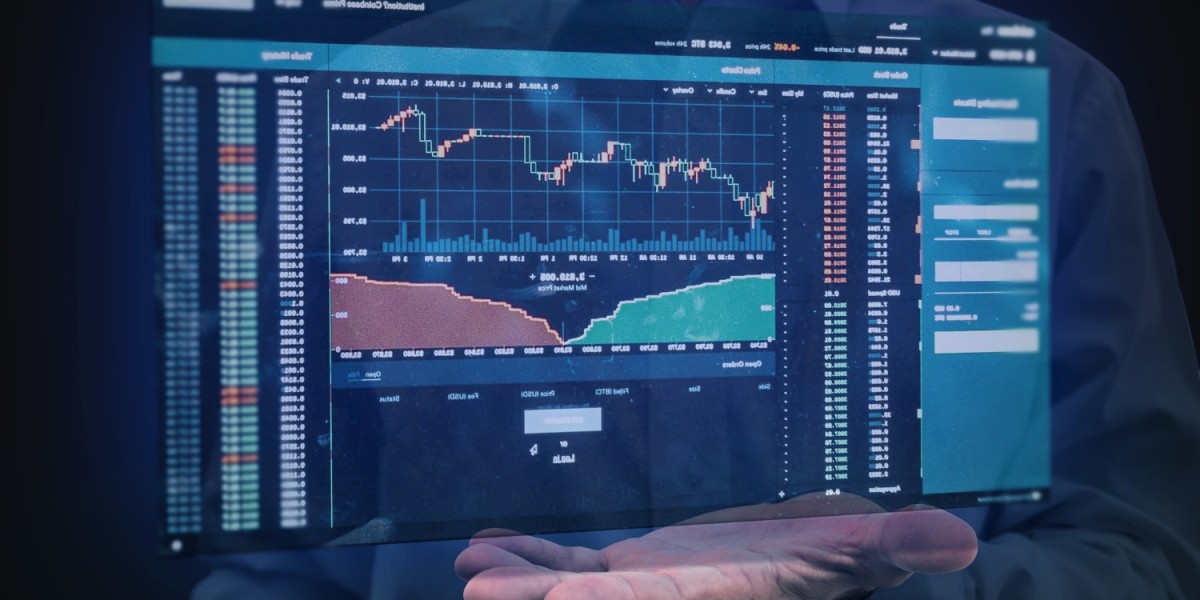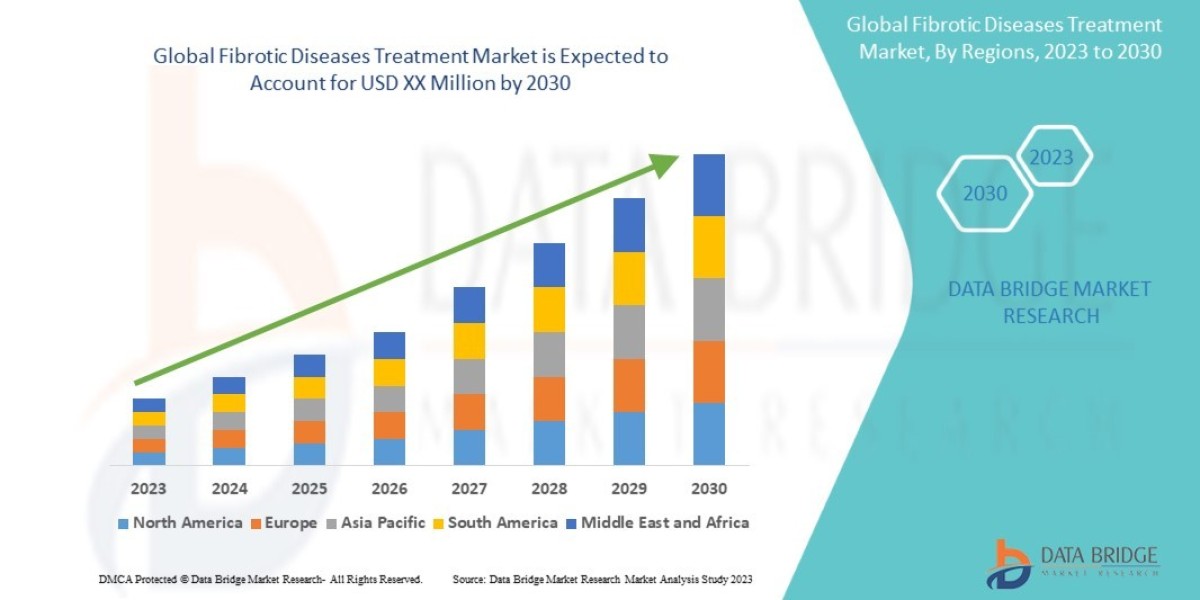In today's rapidly evolving digital landscape, organizations across every sector are experiencing an unprecedented surge in their adoption of predictive analytics. This transformative technology, which leverages historical data, statistical algorithms, and machine learning techniques to identify future outcomes, has become a cornerstone of modern business strategy. The global predictive analytics market is witnessing explosive growth, with businesses recognizing its potential to revolutionize decision-making processes and drive competitive advantage. Data Science Classes in Mumbai are experiencing increased enrollment as professionals seek to capitalize on this growing trend.
The Data Revolution: Foundation of Predictive Power
The exponential growth of data generation serves as the primary catalyst behind the predictive analytics boom. Every digital interaction, transaction, and communication generates valuable data points that can be analyzed for patterns and insights. From social media engagement metrics to IoT sensor readings, the volume, velocity, and variety of available data have reached unprecedented levels. This data abundance provides the raw material necessary for sophisticated predictive models, enabling organizations to make informed predictions about customer behavior, market trends, and operational outcomes. Data Science Classes in Mumbai are incorporating real-world datasets to help students understand these complex data patterns.
Modern businesses generate terabytes of data daily through various touchpoints including e-commerce platforms, mobile applications, customer service interactions, and supply chain operations. This vast information repository contains hidden patterns and correlations that traditional analytical methods cannot effectively uncover. Predictive analytics tools can process this massive data volume, identifying subtle relationships and trends that human analysts might overlook, thereby unlocking actionable insights for strategic planning.
Technological Advancement: Making Predictions Accessible
The democratization of advanced technologies has significantly lowered barriers to predictive analytics adoption. Cloud computing platforms now offer scalable infrastructure that makes sophisticated analytical capabilities accessible to organizations of all sizes. Machine learning frameworks, artificial intelligence algorithms, and automated model-building tools have simplified the implementation process, reducing the technical expertise required for deployment. Data Science Classes in Mumbai are adapting their curricula to include these accessible technologies and cloud-based platforms.
Open-source programming languages like Python and R, combined with comprehensive libraries such as scikit-learn, TensorFlow, and PyTorch, have made predictive modeling more approachable for data professionals. These tools provide pre-built algorithms and frameworks that accelerate model development, allowing organizations to quickly prototype and deploy predictive solutions without extensive custom coding requirements.
Competitive Advantage: The Business Imperative
Organizations are increasingly recognizing predictive analytics as a critical differentiator in competitive markets. Companies that effectively leverage predictive insights can anticipate customer needs, optimize resource allocation, and identify emerging opportunities before competitors. This proactive approach enables businesses to stay ahead of market trends, reduce operational costs, and enhance customer experiences through personalized offerings and targeted marketing campaigns. Data Science Classes in Mumbai emphasize the strategic importance of predictive analytics in maintaining competitive positioning.
Retail giants like Amazon and Netflix have demonstrated the transformative power of predictive analytics through recommendation engines that drive customer engagement and revenue growth. Their success stories have inspired countless organizations to invest in similar capabilities, creating a domino effect across industries as businesses seek to replicate these achievements.
Industry-Specific Applications: Tailored Solutions
Different industries have discovered unique applications for predictive analytics that address sector-specific challenges and opportunities. Healthcare organizations utilize predictive models to identify high-risk patients, optimize treatment protocols, and improve clinical outcomes while reducing costs. Financial institutions employ these technologies for fraud detection, credit risk assessment, and algorithmic trading strategies that enhance profitability and regulatory compliance. Data Science Classes in Mumbai offer specialized modules covering industry-specific applications and use cases.
Manufacturing companies leverage predictive maintenance algorithms to anticipate equipment failures, minimizing downtime and extending asset lifecycles. Telecommunications providers use predictive analytics for network optimization, customer churn prediction, and service quality improvement. These diverse applications demonstrate the versatility and universal applicability of predictive analytics across various business contexts.
Economic Impact: Measurable Returns on Investment
The compelling return on investment associated with predictive analytics implementations has accelerated adoption rates worldwide. Organizations report significant cost savings through improved operational efficiency, reduced waste, and optimized resource utilization. Revenue increases result from enhanced customer targeting, improved product development decisions, and more effective pricing strategies. Data Science Classes in Mumbai include case studies demonstrating quantifiable business benefits and ROI calculations.
Market research indicates that companies investing in predictive analytics experience average revenue increases of 15-20% within the first year of implementation. These tangible financial benefits provide strong justification for continued investment in predictive capabilities, driving sustained market growth and technology advancement.
Regulatory Compliance: Managing Risk Through Prediction
Increasingly complex regulatory environments across industries have created demand for predictive solutions that help organizations maintain compliance and manage risk exposure. Financial institutions must predict and prevent money laundering activities, while healthcare organizations need to anticipate and mitigate patient safety risks. Environmental regulations require companies to predict and control emissions, waste generation, and resource consumption patterns. Data Science Classes in Mumbai address regulatory compliance requirements and risk management applications.
Predictive analytics enables proactive compliance management by identifying potential violations before they occur, allowing organizations to implement corrective measures and avoid costly penalties. This preventive approach to risk management has become essential for maintaining operational licenses and stakeholder trust.
Skills Gap: Creating Educational Opportunities
The rapid adoption of predictive analytics has created a significant skills gap in the job market, with demand for qualified data scientists and analysts far exceeding supply. This shortage has prompted educational institutions, training providers, and corporate learning programs to develop comprehensive curricula that address industry needs. Data Science Classes in Mumbai are expanding their offerings to meet this growing demand for skilled professionals.
Professional development programs focusing on statistical analysis, machine learning, data visualization, and business intelligence have become increasingly popular as working professionals seek to transition into data-driven roles. This educational momentum further accelerates predictive analytics adoption as more skilled practitioners enter the workforce.
Future Prospects: Sustained Growth Trajectory
The convergence of emerging technologies including artificial intelligence, edge computing, and 5G connectivity promises to further accelerate predictive analytics capabilities and adoption. Real-time data processing, enhanced model accuracy, and automated decision-making systems will expand the scope and impact of predictive solutions across all business functions. Data Science Classes in Mumbai are preparing students for these future technological developments and emerging opportunities.
Integration with Internet of Things devices, augmented reality interfaces, and blockchain systems will create new data sources and analytical possibilities that we are only beginning to explore. This technological evolution ensures continued growth and innovation in the predictive analytics space.








